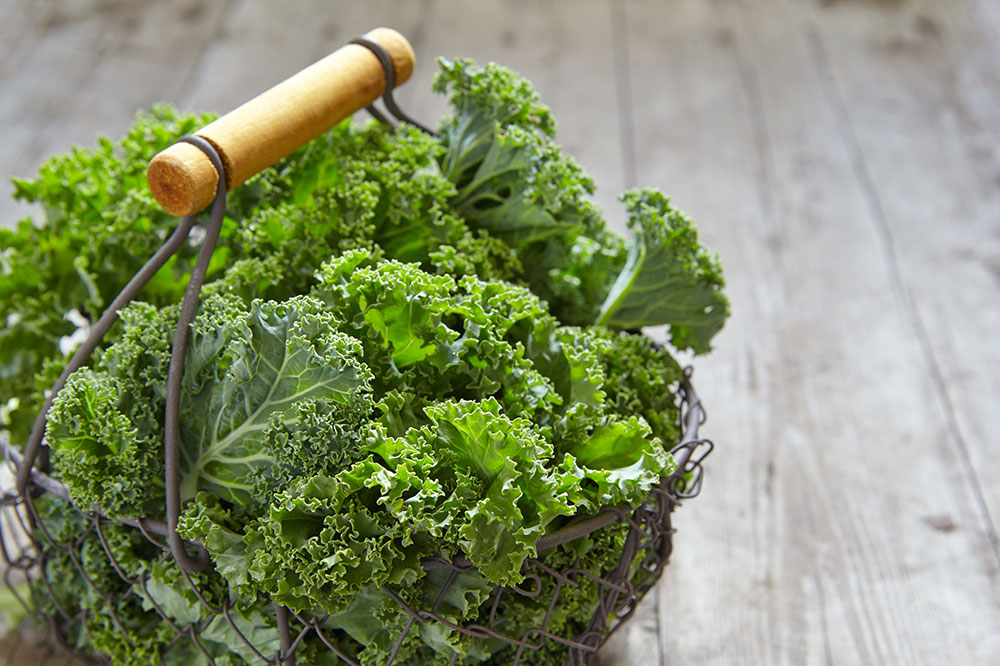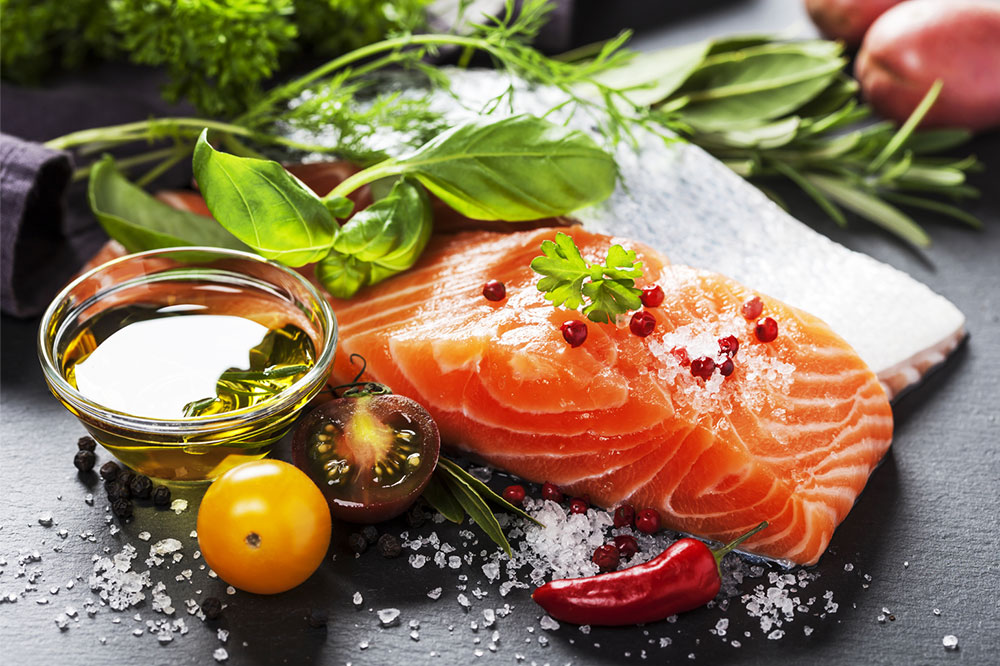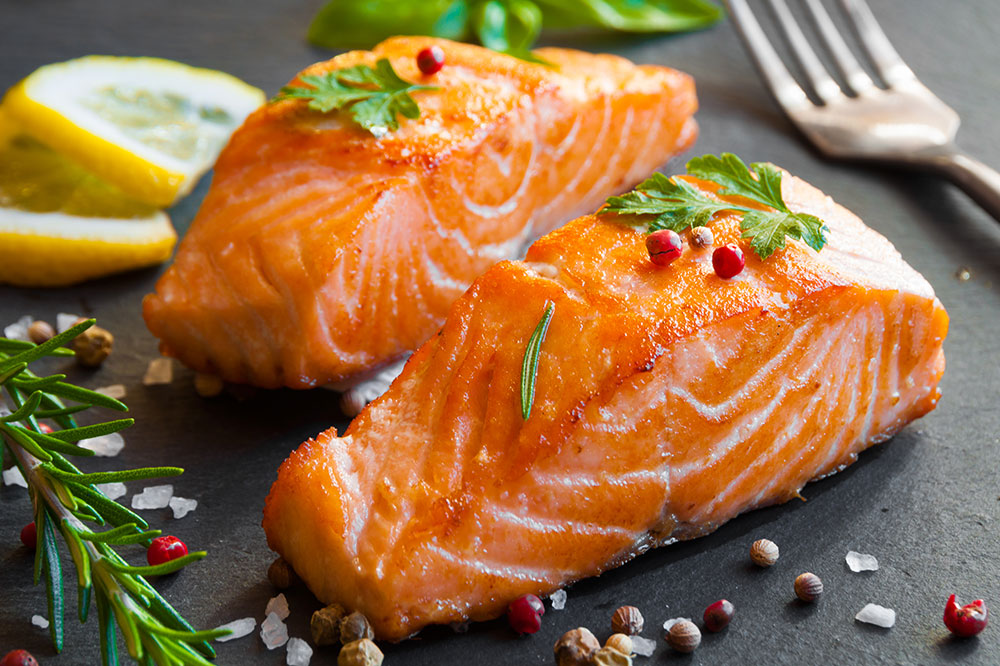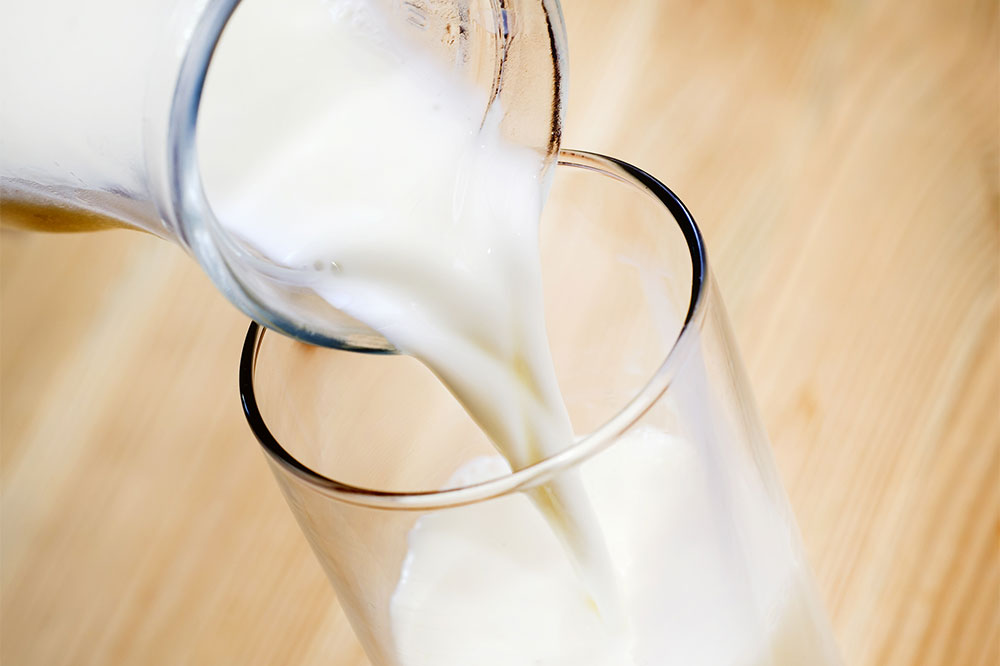Nutritional Strategies for Managing Macular Degeneration
This article explores dietary strategies to support macular degeneration management. It highlights essential foods to include such as leafy greens, citrus fruits, and omega-3 rich fish, while advising avoidance of processed foods and unhealthy fats. Medical treatments like VEGF inhibitors are also discussed as part of a comprehensive approach. Proper nutrition combined with medical care can help slow disease progression and improve eye health. Always seek professional advice for personalized treatment plans.

Managing Macular Degeneration Through Diet
Macular degeneration impacts over 10 million individuals nationwide, surpassing the total cases of glaucoma and cataracts combined. This eye condition results from damage to the central retina, affecting sharp vision. While medical treatments are available, diet plays a vital role in managing and possibly slowing its progression. Focusing on specific foods to incorporate and others to avoid can make a meaningful difference. This article outlines essential dietary choices for supporting eye health and mitigating macular degeneration symptoms.
Foods to Include
Proper nutrition provides key nutrients that support retinal health and function. Including the following foods can be highly beneficial:
Dark Leafy Greens: Vegetables like kale, spinach, and watercress are rich in carotenoids, vital antioxidants for protecting eye cells. Adding colorful vegetables such as carrots and red peppers can further boost carotenoid levels in the macula.
Vitamin C-Rich Fruits: Citrus fruits like oranges, along with kiwi and apples, help strengthen blood vessels in the eye. Improved blood flow can slow the progression of macular degeneration. Including foods high in vitamin E and zinc can also support eye health.
Oily Fish: Salmon, trout, sardines, mackerel, and herring are excellent sources of omega-3 fatty acids, which reduce the risk of disease advancement. Vegan sources include walnuts, flaxseeds, chia seeds, and Brussels sprouts.
Foods to Limit or Avoid
To maximize benefits, it’s equally important to avoid certain foods that may worsen the condition:
Processed Foods: Items with additives that improve flavor and shelf life can contribute to deterioration of eye health.
Margarine and Unhealthy Fats: Margarine, vegetable shortening, and fatty meats contain fats that hinder blood flow, potentially aggravating macular degeneration.
Alongside dietary measures, medical options such as VEGF inhibitors—Bevacizumab (Avastin®), Ranibizumab (Lucentis®), Aflibercept (Eylea®), and Brolucizumab (Beovu®)—can be prescribed by healthcare providers to slow disease progression.
Disclaimer:
Always consult qualified healthcare professionals for diagnosis and treatment. The information provided is for educational purposes only and should not replace professional medical advice.










